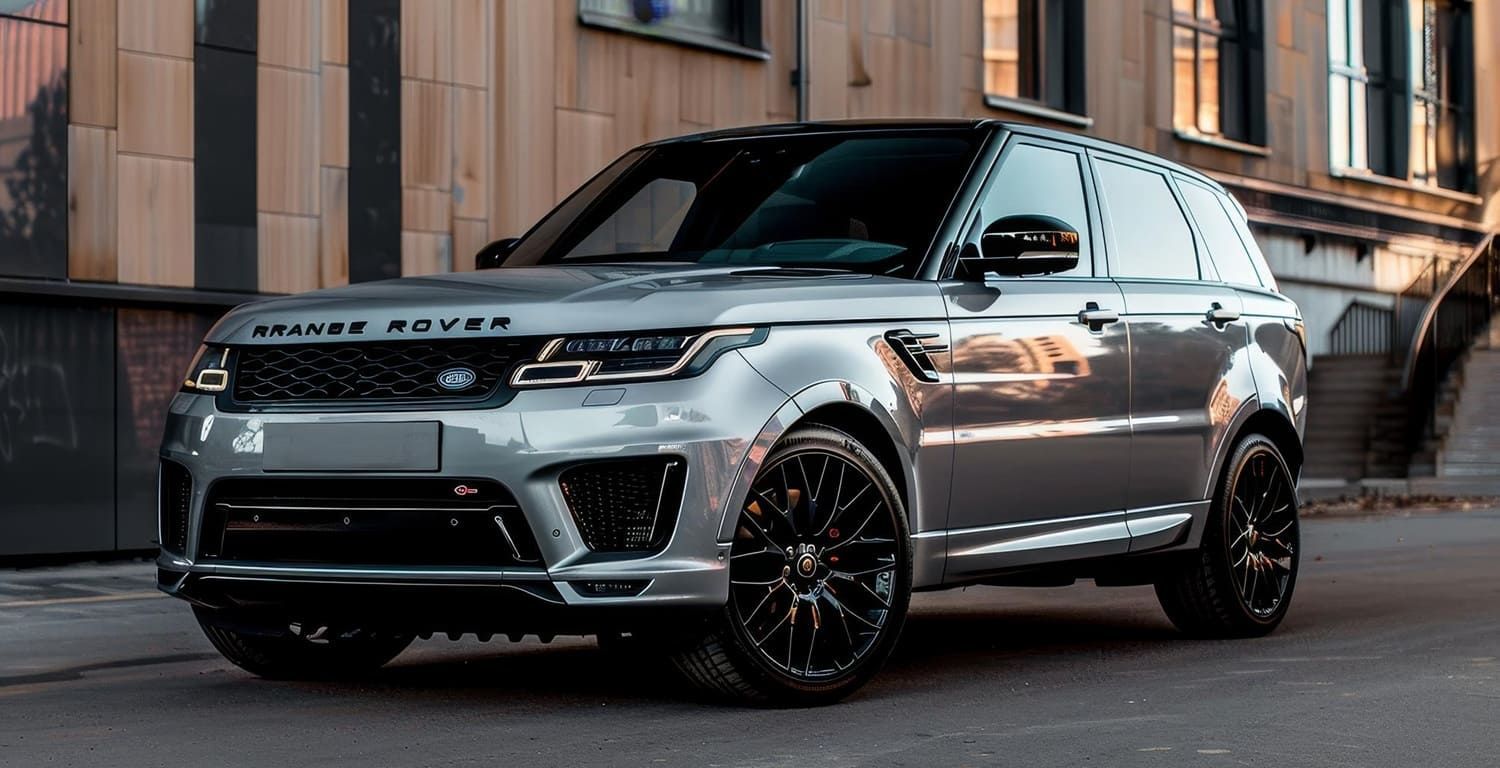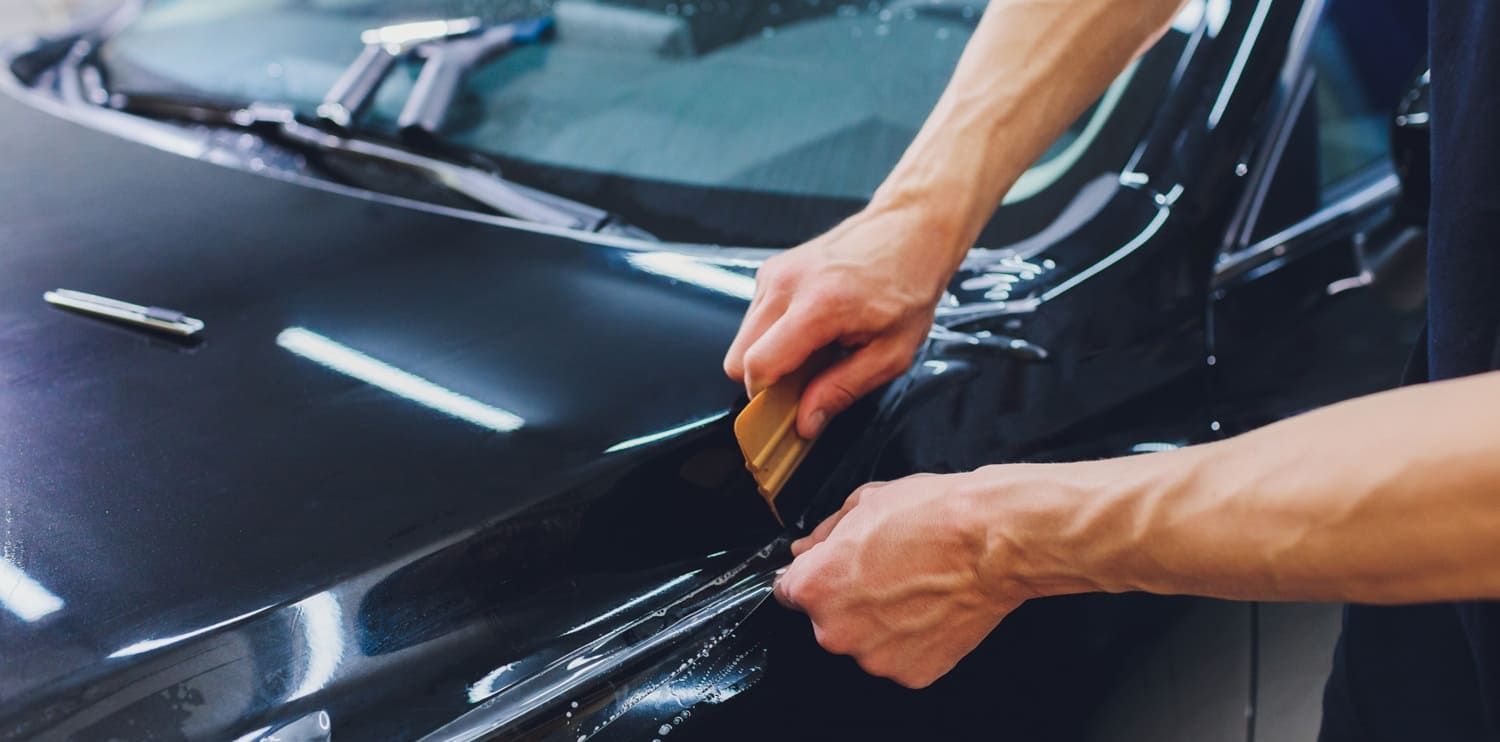2515 Congress Pkwy S, Athens, TN 37303 ◉ (423) 744-9119
DIY vs. Professional Car Window Tinting: Which One is Right for You?
Tinting your car windows can be a fantastic way to enhance privacy, reduce glare, and improve the overall look of your vehicle, but deciding between DIY window tinting and hiring a professional can be tricky. If you're a hands-on enthusiast who loves tackling new projects, DIY might seem like a tempting option with its promise of lower costs and the satisfaction of doing it yourself. On the other hand, professional window tinting ensures expert application, often backed by warranties, and could save you from potential pitfalls that might arise from inexperience. In this guide, we will take a deep dive into the car window tinting benefits and explore the pros and cons of each approach, helping you make an informed decision that suits your needs and budget. Let's get started on finding the best window tinting options for your ride!
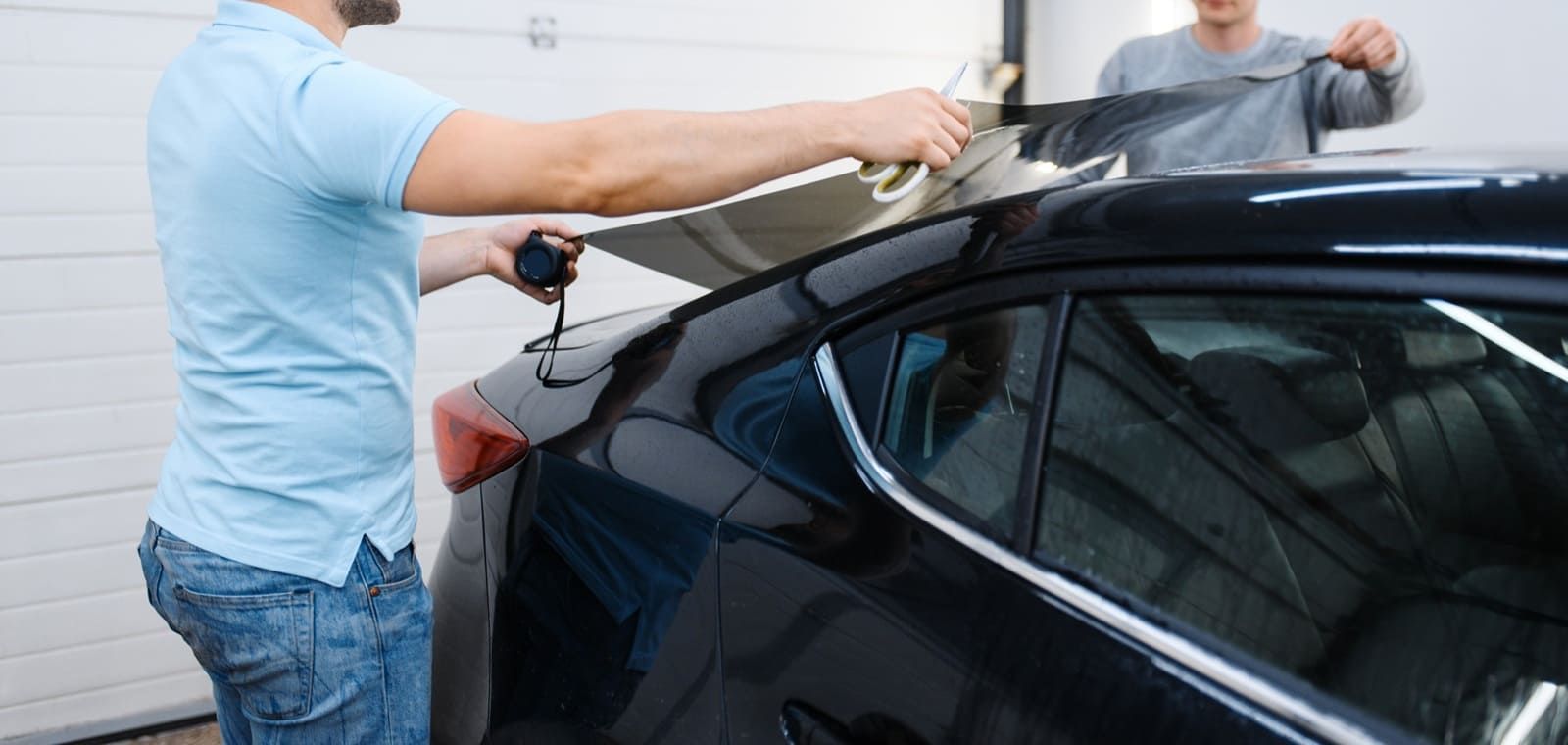
Understanding Car Window Tinting
Before diving into the DIY vs. professional debate, it's crucial to understand what car window tinting entails and its benefits. Let's explore the advantages of tinting and the various options available.
Car Window Tinting Benefits
Car window tinting offers a range of benefits that go beyond aesthetics. Improved privacy and security are primary advantages, as tinted windows make it harder for prying eyes to see inside your vehicle.
UV protection is another significant benefit. Tinted windows can block up to 99% of harmful UV rays, protecting your skin and preventing interior fading. This can be especially important for those who spend a lot of time on the road.
Temperature control is a key advantage of window tinting. By reducing solar heat gain, tinted windows can keep your car cooler in summer, reducing the load on your air conditioning system and potentially improving fuel efficiency.
Lastly, tinted windows can enhance the overall appearance of your vehicle, giving it a sleek, sophisticated look that many car enthusiasts appreciate.
Best Window Tinting Options
When it comes to window tinting, there are several options to choose from, each with its own set of advantages. Dyed window film is the most economical choice, offering good heat rejection and a dark appearance.
Metalized window tint is more durable and provides better heat rejection, but it can interfere with electronic signals. For those seeking top-tier performance, ceramic window tint offers superior heat rejection and clarity without signal interference.
Carbon window tint is another high-quality option, providing excellent heat rejection and a matte finish that many find appealing. It's also long-lasting and doesn't fade over time like some other options.
Hybrid films combine the benefits of different types, offering a balance of performance and affordability. The best choice depends on your specific needs and budget.
Exploring DIY Window Tinting
For the hands-on car enthusiast, DIY window tinting can be an appealing option. Let's examine the advantages and challenges of taking on this project yourself.
DIY Window Tinting Advantages
DIY window tinting can be an attractive option for those looking to save money and enjoy a sense of accomplishment. The primary advantage is cost savings, as you're only paying for materials, not labor.
Flexibility is another benefit of the DIY approach. You can work on your own schedule, taking as much time as you need to get the job done right. This can be particularly appealing if you have a busy lifestyle or unconventional working hours.
Learning a new skill is an often-overlooked advantage of DIY tinting. The process can teach you about your car's construction and improve your overall automotive knowledge.
Lastly, successful DIY tinting can provide a sense of pride and satisfaction that comes from completing a challenging task with your own hands.
Common DIY Challenges
While DIY window tinting can be rewarding, it's not without its challenges. One of the biggest hurdles is achieving a smooth, bubble-free application. Even small mistakes can lead to unsightly bubbles or creases in the film.
Proper cutting and fitting of the tint film can also be tricky, especially for beginners. Windows with complex curves or shapes can be particularly challenging to work with.
Dealing with dust and debris during the application process is another common issue. Even a small speck of dust can create a noticeable imperfection in the finished product.
Lastly, many DIYers underestimate the time and patience required for a quality tinting job. Rush jobs often result in subpar results that may need to be redone.
Professional Window Tinting Insights
Professional window tinting offers a range of benefits that can make it worth the investment. Let's explore these advantages and how to choose a reliable service provider.
Professional Window Tinting Benefits
Professional window tinting offers several key advantages over the DIY approach. First and foremost is the quality of the result. Professionals have the experience and tools to achieve a smooth, bubble-free application that looks great and lasts longer.
Warranty protection is another significant benefit of professional tinting. Many professional services offer warranties on their work, providing peace of mind and protection for your investment.
Time savings is a crucial advantage for many car owners. What might take a DIYer several hours (or even days) to complete, a professional can often finish in just a few hours.
Lastly, professionals have access to a wider range of high-quality tinting materials, including options that may not be readily available to the general public.
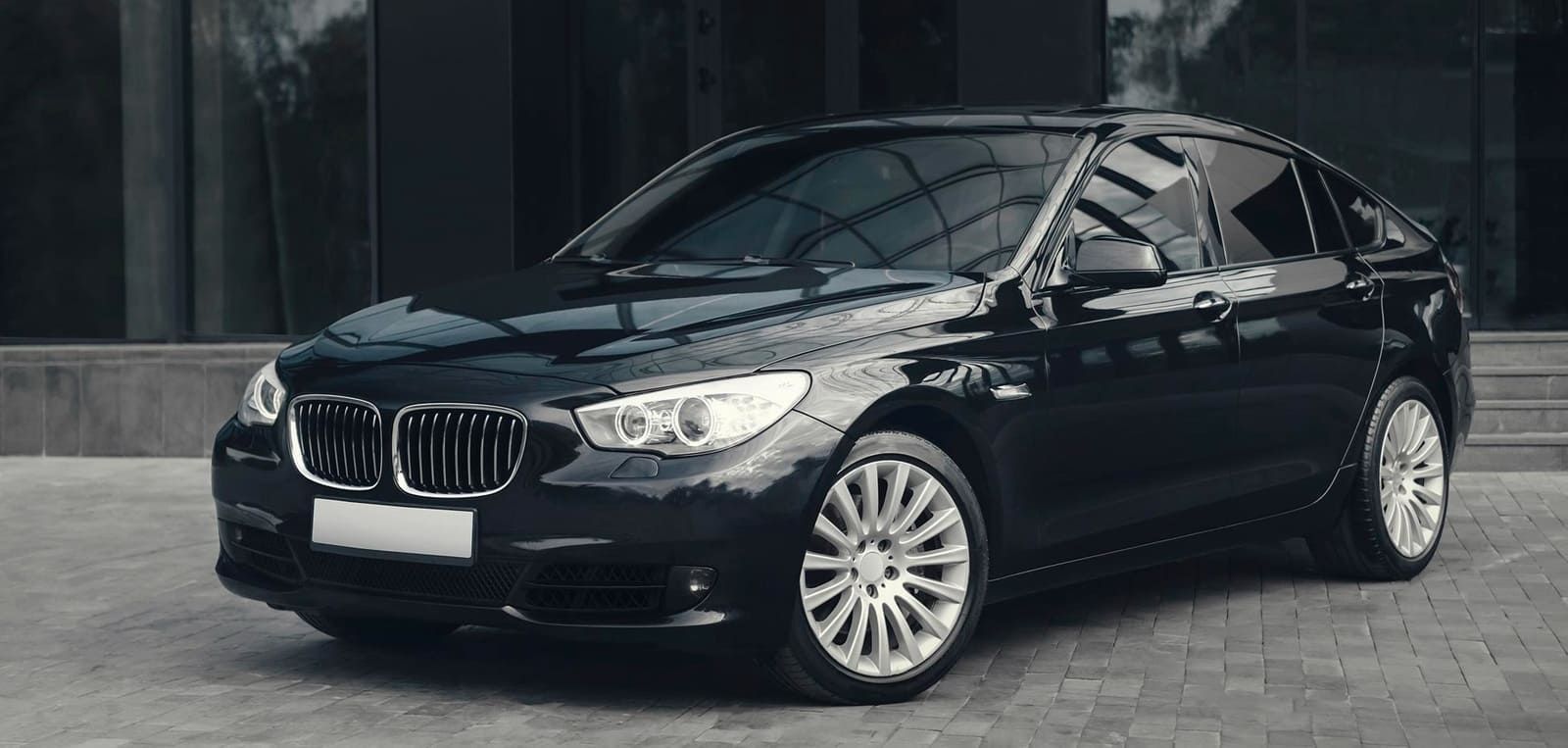
Choosing a Trusted Professional
Selecting the right professional for your window tinting job is crucial to ensuring a satisfactory outcome. Start by researching local tinting services and reading customer reviews to gauge their reputation.
Look for professionals who are certified by reputable organizations in the industry. These certifications often indicate a higher level of skill and commitment to quality.
Don't hesitate to ask for examples of their previous work. A reputable professional should be able to show you before-and-after photos of cars they've tinted.
Finally, make sure to get a detailed quote and understand what's included in the service. This can help you avoid unexpected costs and ensure you're getting the best value for your money.
Window Tinting Cost Considerations
Understanding the costs associated with window tinting can help you make an informed decision. Let's break down the expenses for both DIY and professional options.
Cost of Window Tinting Options
The cost of window tinting can vary significantly depending on whether you choose the DIY route or opt for professional services. DIY kits typically range from $50 to $100 for a complete car, making it the more budget-friendly option upfront.
Professional tinting services generally cost between $200 and $800 or more for a full car, depending on the type of film used and the complexity of the job. High-end ceramic or infrared rejection films can push the price even higher.
It's important to note that while DIY might seem cheaper initially, potential mistakes could lead to additional costs if you need to redo the job or eventually seek professional help.
Here's a brief comparison of costs:
| Option | Low End | High End |
|---|---|---|
| DIY Kit | $50 | $100 |
| Professional (Standard) | $200 | $400 |
| Professional (Premium) | $400 | $800+ |
Balancing Budget and Quality
When considering window tinting, it's crucial to balance your budget with the desired quality and longevity of the result. While DIY might save money upfront, professional tinting often provides better long-term value.
Consider the lifespan of the tint. Professional-grade films typically last longer and perform better over time, potentially offering better value despite the higher initial cost.
Factor in your time as well. If you're not experienced with tinting, a DIY job could take several hours or even days. This time investment should be considered part of the overall cost.
Lastly, think about the potential impact on your car's resale value. A high-quality, professional tint job could be a selling point, while a poorly done DIY job might detract from your car's appeal.
Final Window Tinting Comparison
As we wrap up our exploration of DIY and professional window tinting, let's compare the outcomes and provide guidance on making the right choice for your needs.
DIY vs. Professional Outcomes
When comparing DIY and professional window tinting outcomes, several factors come into play. DIY tinting can provide satisfactory results if done carefully, but professional tinting typically offers superior quality and durability.
Aesthetics often favor professional tinting. The smooth, bubble-free finish achieved by professionals is hard to match with DIY efforts, especially for beginners.
Longevity is another area where professional tinting usually excels. Professional-grade films and expert application techniques often result in a tint job that lasts longer and performs better over time.
However, DIY tinting can be a rewarding experience for those who enjoy hands-on projects and are willing to invest time in learning the skill. The sense of accomplishment and potential cost savings can make it worthwhile for some car owners.
Making the Right Choice
Choosing between DIY and professional window tinting ultimately depends on your individual circumstances, skills, and priorities. Consider the following factors when making your decision:
- Budget: If cost is your primary concern and you're willing to invest time, DIY might be the way to go.
- Quality: For the best possible results, professional tinting is usually the superior choice.
- Time: If you're short on time or patience, professional services offer quick, hassle-free results.
- Skill level: Be honest about your DIY abilities. If you're not confident in your skills, professional tinting might save you frustration and potential costly mistakes.
- Vehicle value: For high-end or leased vehicles, professional tinting is often the safer choice to protect your investment.
Remember, there's no one-size-fits-all answer. Weigh these factors against your personal situation to make the best decision for your car window tinting needs. At Elite Audio & Window Tinting, we offer expert guidance and high-quality LLumar window films to ensure you get the best tint for your vehicle’s style, comfort, and protection.
Contact us today for a
free estimate, and let our experienced team in
Athens, TN help you choose the perfect window tint to enhance your driving experience!
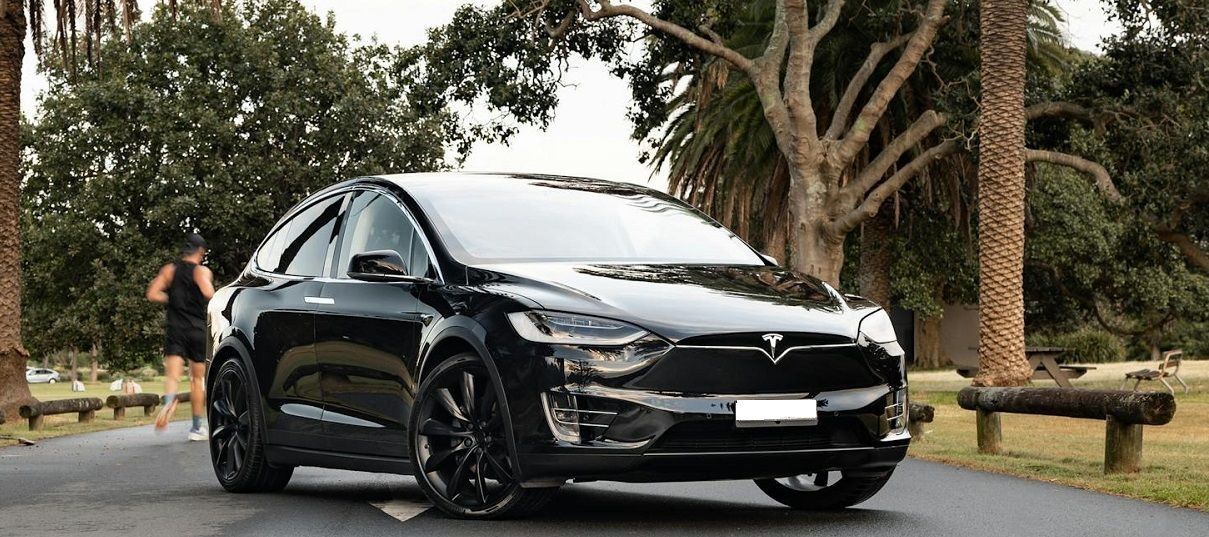
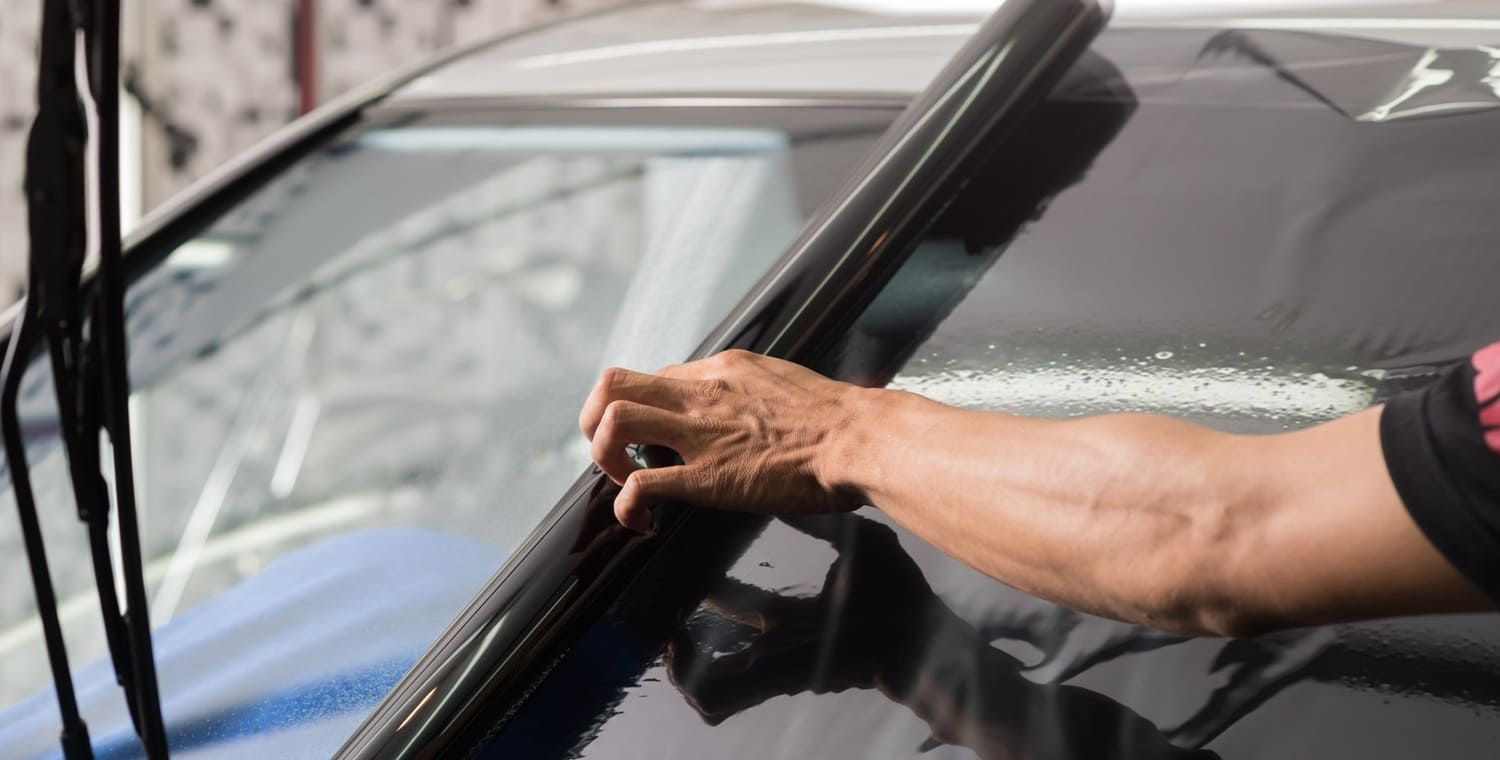
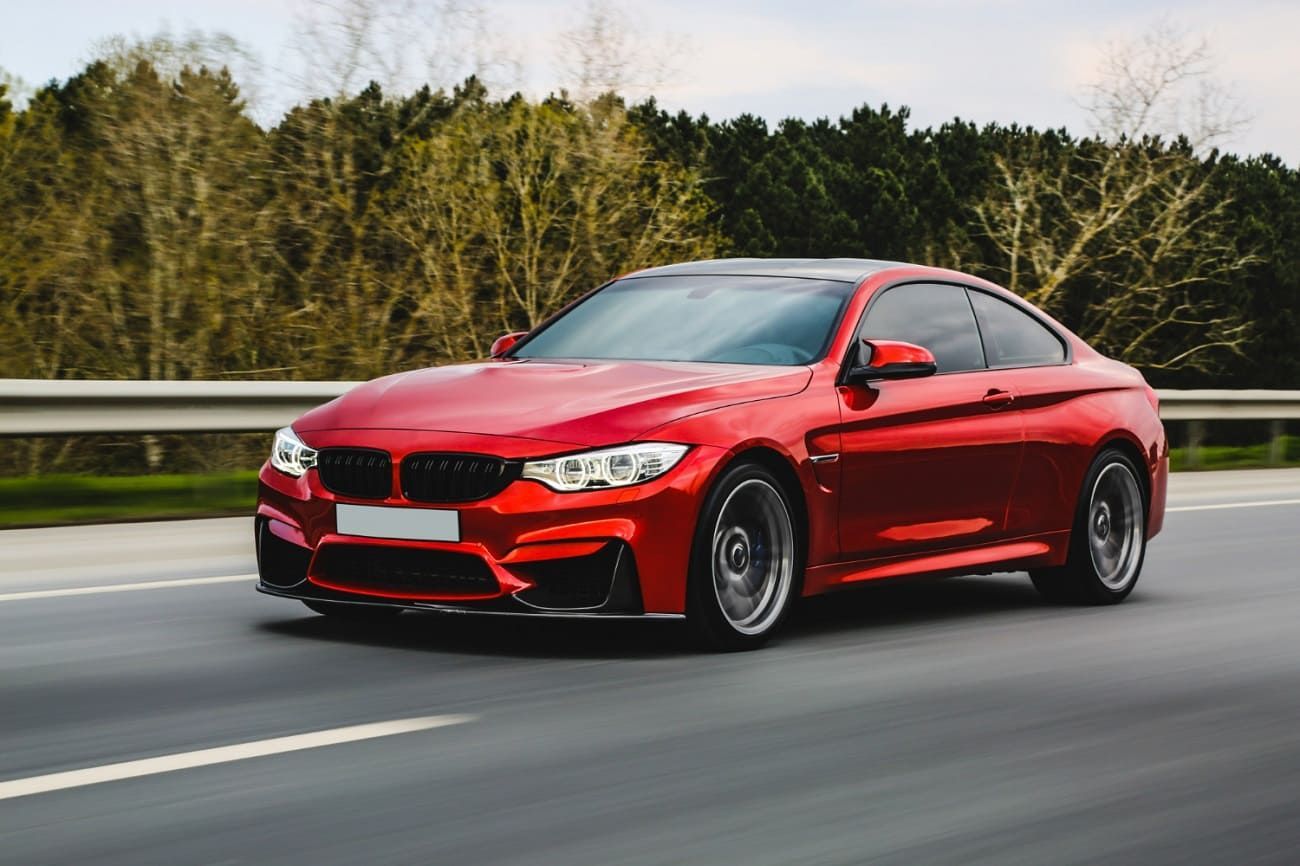

BUSINESS HOURS
Monday - Friday: 9am to 5:30pm
Saturday: 9am to 2pm
Sunday: By Appointment Only
All Rights Reserved | Elite Audio & Window Tinting


